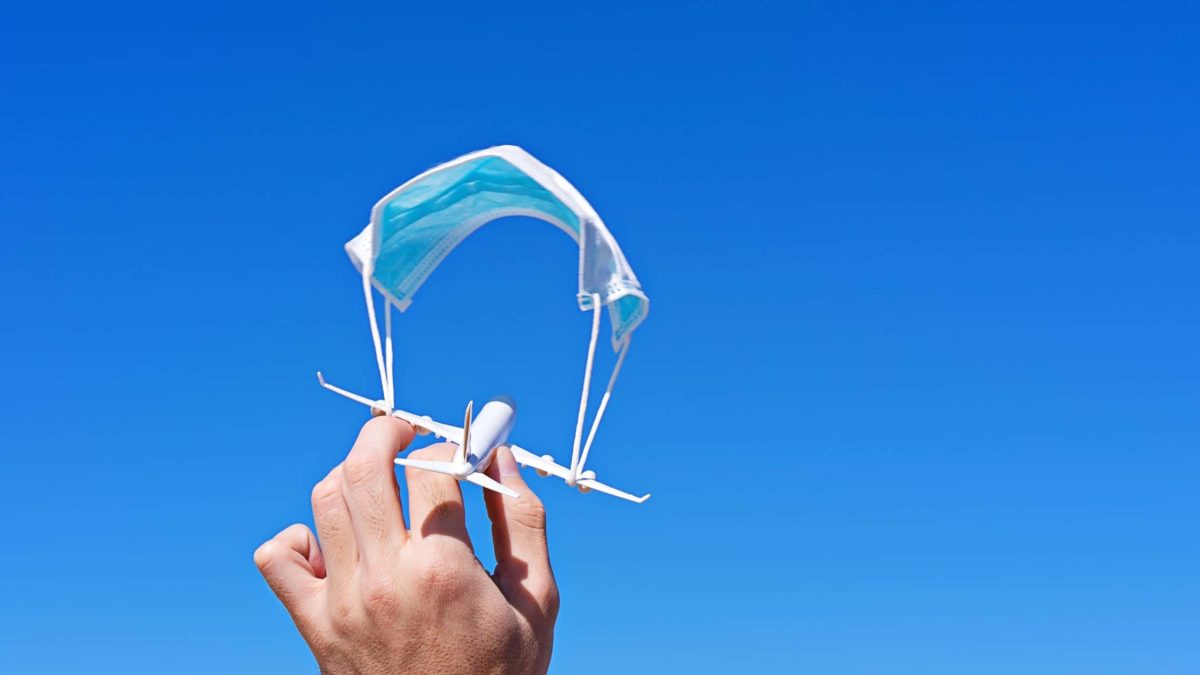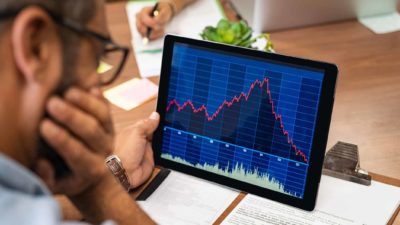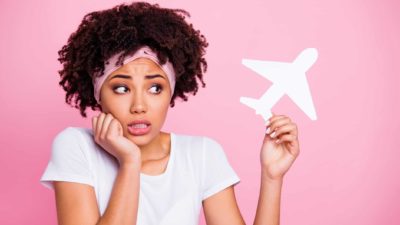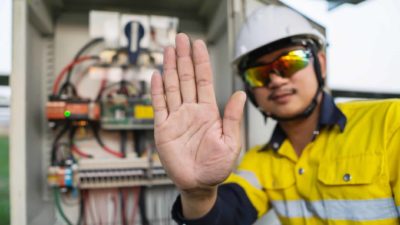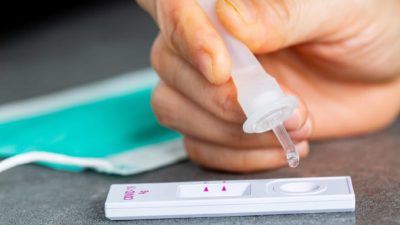In January, Virgin Australia Holdings Limited (ASX: VAH) chief Paul Scurrah could not have predicted the year he was about to have.
His planes were in the air and he was busy working to get the company back in the black against a dominant Qantas.
Even as the COVID-19 pandemic and international border closures came, he thought his airline was okay.
"Up to that point we thought we were… somewhat insulated because of the domestic nature of our business," Scurrah said at the Yahoo Finance All Markets Summit.
"We thought flying throughout Australia would still hold up fairly well."
But it didn't take long before he realised corporate customers were immediately ceasing business travel.
Then came the nail in the coffin.
Prime Minister Scott Morrison recommended domestic travel should only occur if it were absolutely essential.
"We virtually grounded our airline," Scurrah said.
"At that point I knew it was going to be a struggle to keep us out of administration."
Virgin Australia entered voluntary administration on 21 April, at the height of the first wave of coronavirus.
Pre-COVID worries seem trivial now
Scurrah told the same event in 2019 that the airline's biggest headwinds were the cost of fuel and the low Australian dollar.
Those anxieties have been blown out of the water with this year's misfortunes.
"I wish we had problems as simple as the ones I described last year," he said.
Virgin Australia temporarily stood down 8,000 staff in March as most of its fleet was grounded due to travel restrictions.
There was talk of a government bailout, which Qantas Airways Limited (ASX: QAN) protested without it also receiving a proportionally larger amount. Some analysts even spoke of nationalisation of the airline.
In June, the administrators decided to sell the airline to private equity fund Bain Capital.
Regrets, I've had a few
If Scurrah could have his time over, he wished staff terminations could have been performed faster.
After the initial 8,000 temporary stand-downs in March, Virgin Australia in August decided to permanently cut 3,000 employees.
"Uncertainty is a major cause of stress and anxiety… We could have got to that quicker," he said.
"I think we felt we were trying to preserve some hope for them. But I think we took too long to get to the point of execution."
TigerAir could be revived
One of the big decisions in the new Bain Capital era was to euthanise budget brand TigerAir.
But Scurrah did not rule out a return in the future.
"We have kept hold of the air operator's certificate of Tiger to give us the option… to re-enter with an ultra-low cost product," he said.
"Whether that's done with the TigerAir brand or not, we'll decide at the time."
In the short-term though, Virgin Australia will fly as a "single brand" flying domestic and short international routes with Boeing 737s only.
Competitive airfares will return
Flying internationally now, if you can do it at all, is prohibitively expensive.
"There are a number of restrictions operating on airlines today that really cap the amount of people you take on planes," said Scurrah.
"So it changes the economics completely."
And longer the coronavirus restrictions remain, more airlines around the globe will go broke or cut routes, permanently reducing the level of competition.
But Scurrah has confidence about the post COVID-19 world.
"When the skies do open up again, there's going to be a need to stimulate demand," he said.
"You will see competitive airfares when it's safe to travel."

